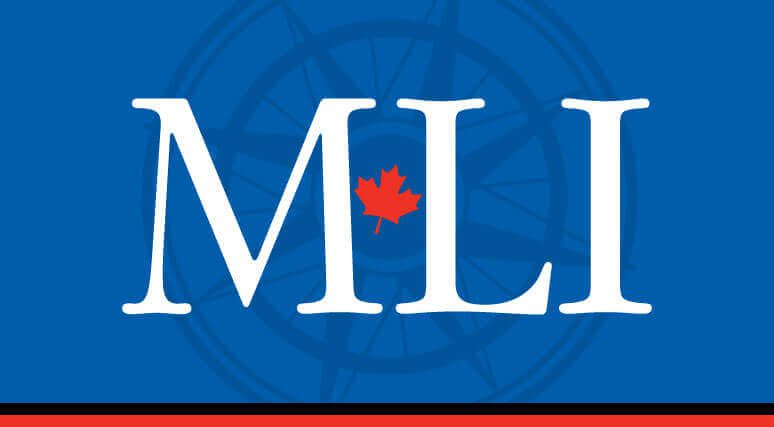 OTTAWA, ON (March 4, 2020): With the Bank of Canada slashing its benchmark interest rate by 50 basis points to 1.25 percent, what does this situation mean for Canada’s economy? To make sense of the announcement, MLI Munk Senior Fellow Philip Cross is available for media comment.
OTTAWA, ON (March 4, 2020): With the Bank of Canada slashing its benchmark interest rate by 50 basis points to 1.25 percent, what does this situation mean for Canada’s economy? To make sense of the announcement, MLI Munk Senior Fellow Philip Cross is available for media comment.
The Bank of Canada’s move is intended to reduce the negative economic impacts associated with the COVID-19 (or, “coronavirus”) outbreak, which some worry has crippled China’s economy for the first quarter of 2020 and now appears poised to threaten the world economy. This comes just a day after the US Federal Reserve took similar surprise action.
While the most significant potential consequences are largely tied to how well countries perform in terms of containing and combatting the outbreak in the next few weeks, Cross argues that global supply chain disruptions and hit on consumer confidence have likely already caused some economic damage.
“The most immediate impacts stem from a supply shock,” explains Cross. “However, if the situation continues or worsens as many expect it will, Canadians can expect to see lower incomes, lower employment, and much more long-term economic ramifications.”
Canada is also in a bleak situation from a fiscal and monetary policy standpoint. As Cross has previously argued, the stimulus response to the 2008-2009 recession never truly ended, meaning that the fiscal and monetary levers that are normally reserved for emergencies have been left on. This has left Canada with fewer available tools to dull the effect of any coming downturn.
“Continuing on the course of deficit spending, ultra-low interest rates, and other short-term stimulus measures has helped sow the seeds of the next crisis, leaving policy-makers deprived of the tools they used in 2008 to stave off another financial crisis.”
In addition, with high household debt and high corporate debt, Canada’s economy is largely credit-dependent. Combining all private and public debts, Canada’s total debt-to-GDP ratio has soared beyond 300 percent. Cross warns that, in the context of the COVID-19 outbreak and its global economic fallout, Canada’s economy is potentially at peril, even if the virus fails to lead to a major domestic epidemic.
According to Cross, “we won’t know for certain what the impacts of this crisis will be until it unfolds, but whatever the impact, Canada’s short-term fiscal and monetary thinking has left the economy woefully exposed to risk.”
***
Philip Cross is a Munk Senior Fellow at the Macdonald-Laurier Institute. Prior to joining MLI, Mr. Cross spent 36 years at Statistics Canada specializing in macroeconomics. He was appointed Chief Economic Analyst in 2008 and was responsible for ensuring quality and coherency of all major economic statistics.
To arrange an interview with Philip Cross, media are invited to contact:
David Watson,
Managing Editor and Communications Director
613-482-8327 x103
david.watson@macdonaldlaurier.ca




